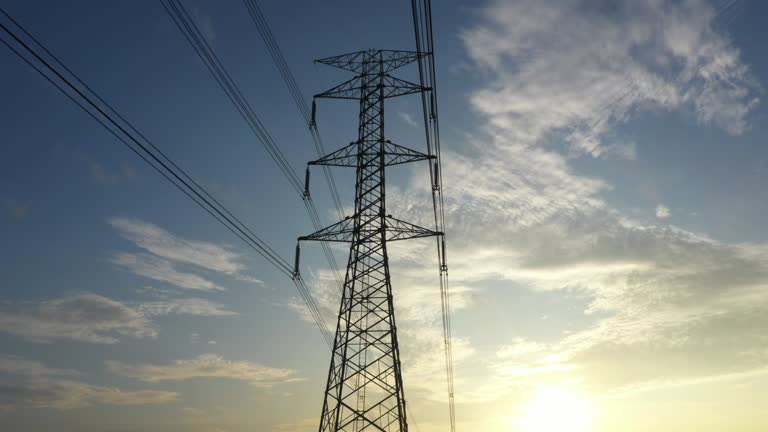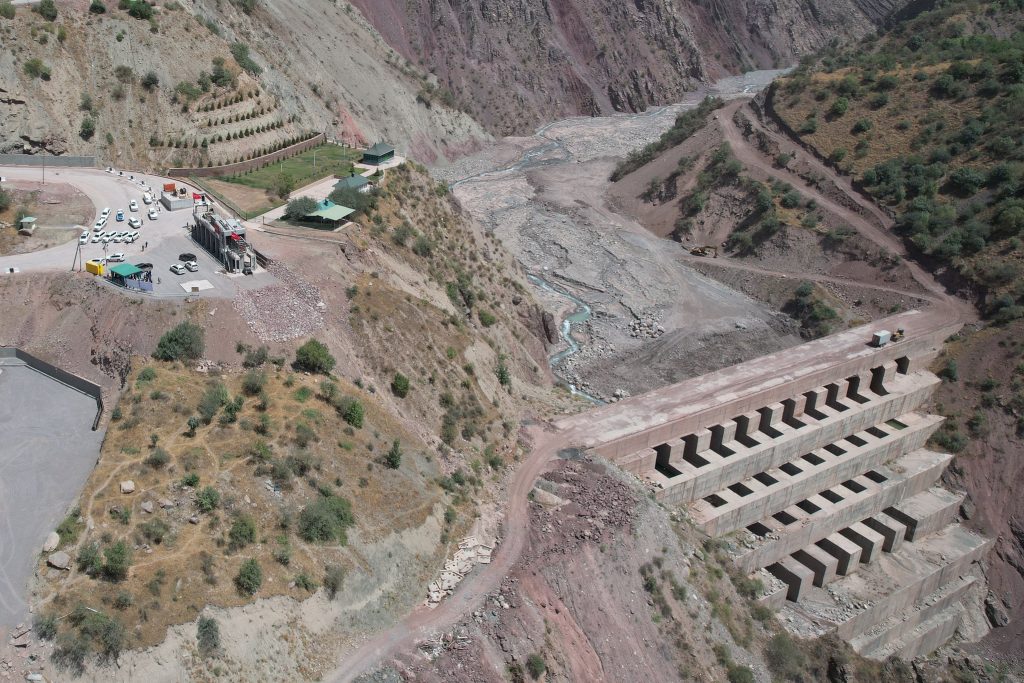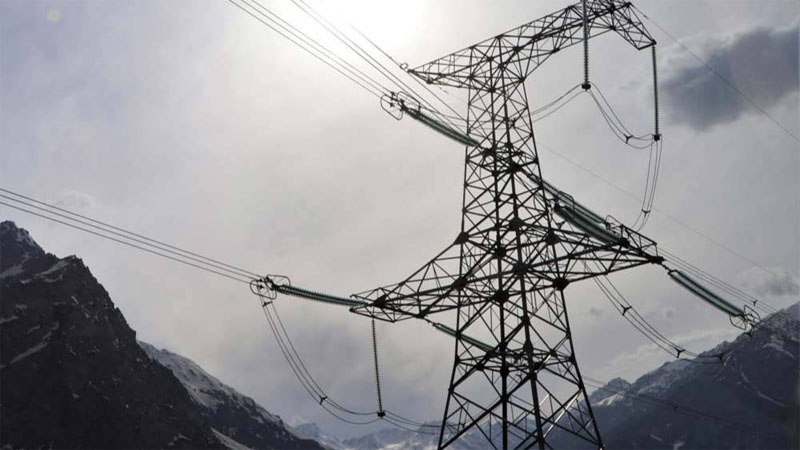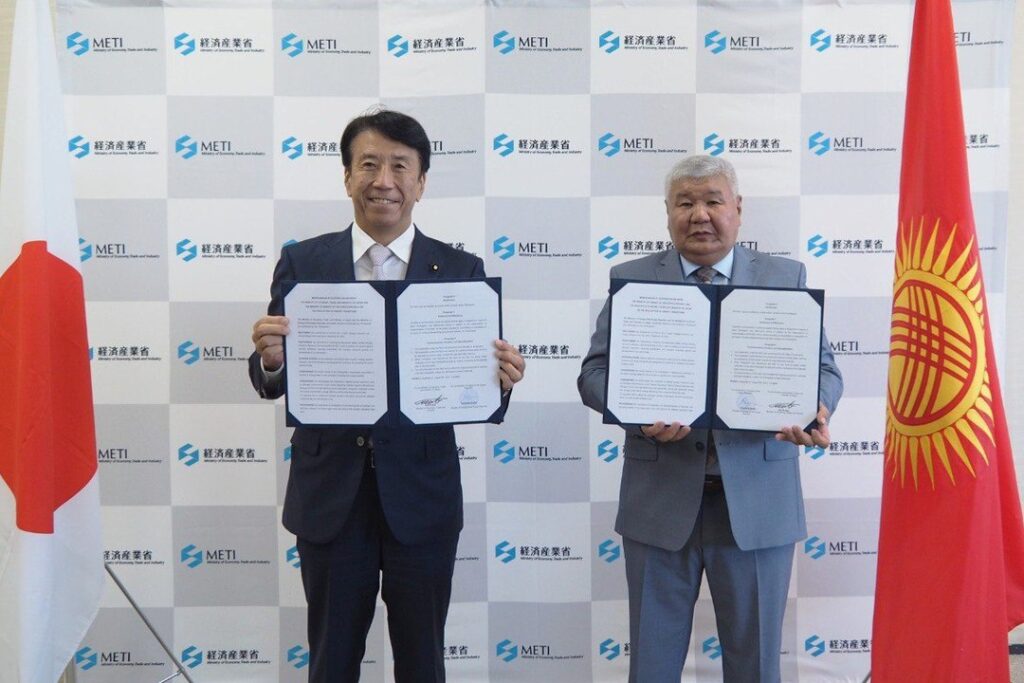Tajikistan Continues Electricity Supply to Uzbekistan and Afghanistan
It is being reported that Tajikistan delivered more than $82.3 million worth of electricity to neighboring countries from January to August of this year. The export of electricity is $2.8 million (3.3%) less than in the same period of 2023. During this period, Tajikistan's electricity production amounted to about 15.4 billion kilowatt-hours, of which about 1 billion kilowatt-hours (6.5% of the total production) were exported. More than 80% of electricity exports go to Afghanistan, and the remaining 20% to Uzbekistan. Tajikistan signed an agreement on the export of electricity for 2024 with these two countries. Electricity exports to Uzbekistan are carried out only in the summer, and supplies to Afghanistan will continue in the autumn-winter season, but in small volumes — “exclusively for the preservation of infrastructure.” For information, a memorandum of understanding has been signed between Tajikistan and Kazakhstan, providing electricity supply produced by the Rogun hydropower plant until 2032. Agreements on the supply of electricity to Kazakhstan and Uzbekistan are one condition for external financing of the Rogun project. The Times of Central Asia has reported that when the Rogun hydropower plant in Tajikistan reaches full capacity, about 70% of the electricity produced will be exported to other Central Asian countries.






